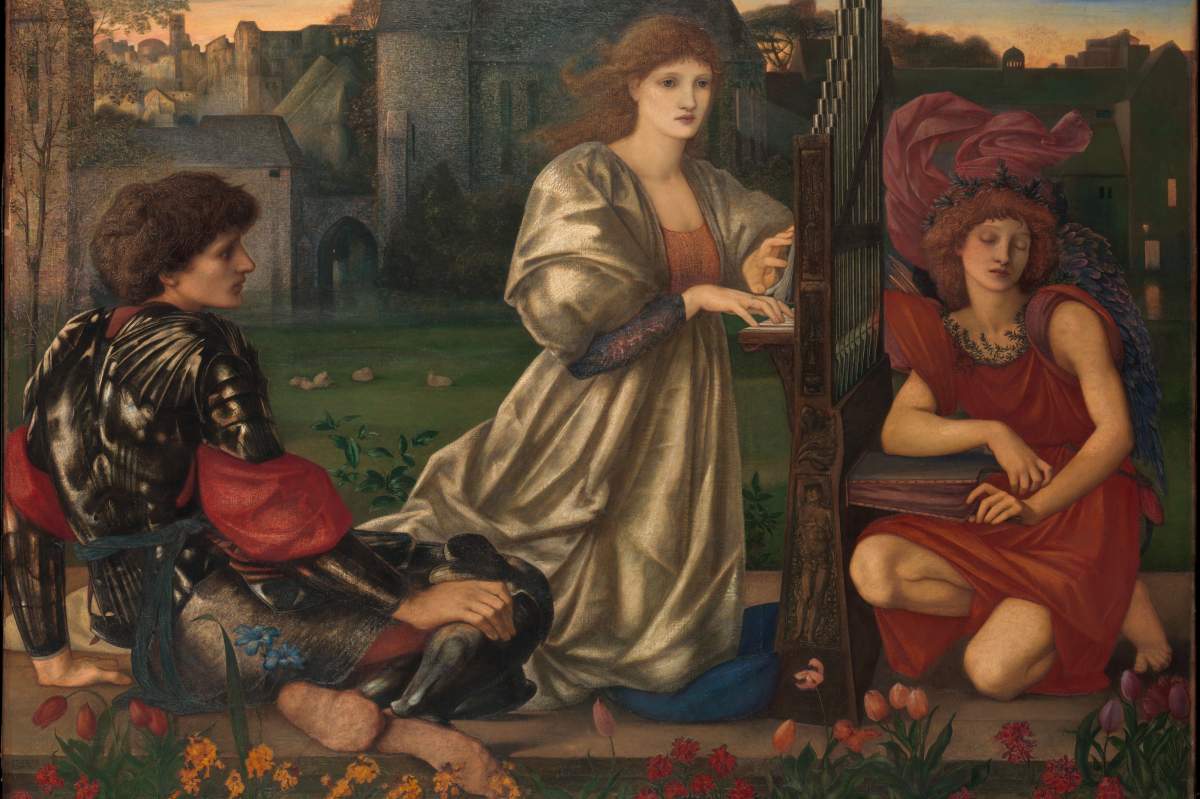
Has this ever happened to you? You‘re feeling down when you hear a sad song on the radio, a real heartbreaker. But somehow, by the end of the song, your mood has actually improved.
We tend to choose sad music when we‘re already blue; sometimes we purposefully listen to sad music to feel happier, and sometimes we listen to sad music to feel sadder.
The Rewards Of Sad Songs
Your individual reaction to a melancholy tune depends on your personality, mood, and environment. Neuroimaging studies further suggest that various regions of the brain--including those concerned with emotions, aesthetics, and reward processing--produce your unique response to sad music.
So what‘s the psychology of listening to doleful melodies? When we make ourselves feel worse by listening to sad music, we generally do so by reflecting on the sad memories that the music evokes.
Sweet Release
For many people, though, even this sadness can lead to feeling better: recalling those unhappy memories often leads to better understanding our own emotions, for instance. Furthermore, sad music is often enjoyable because it triggers many different psychological processes that are themselves pleasurable, such as letting go of pent-up emotions, appreciating the music‘s beauty, and releasing dopamine, a chemical often associated with pleasure and reward.
We‘re able to have these positive feelings because of the difference between perceived and sincerely felt emotions. We perceive that a song is sad, but we understand that that sadness does not directly concern us. This recognition allows us to genuinely enjoy those psychological processes that the music triggers.
So, next time you‘re feeling down in the dumps, go ahead and blast your favorite tearful ballad. Chances are, you‘ll be glad you did.
Thank you to Renee Timmers of the University of Sheffield, for reviewing this episode's script.
Sources And Further Reading:
- Nield, Daniel. "Here's Why Listening to Sad Music Makes You Feel Better." Science Alert, July 15, 2016. Accessed May 15, 2018.
- Sachs, Matthew E, Antonio Damasio, and Assal Habibi. "The pleasures of sad music: a systematic review." Frontiers in Human Neuroscience, vol. 9, no. 404, July 24, 2015. DOI: 10.3389/fnhum.2015.00404.









